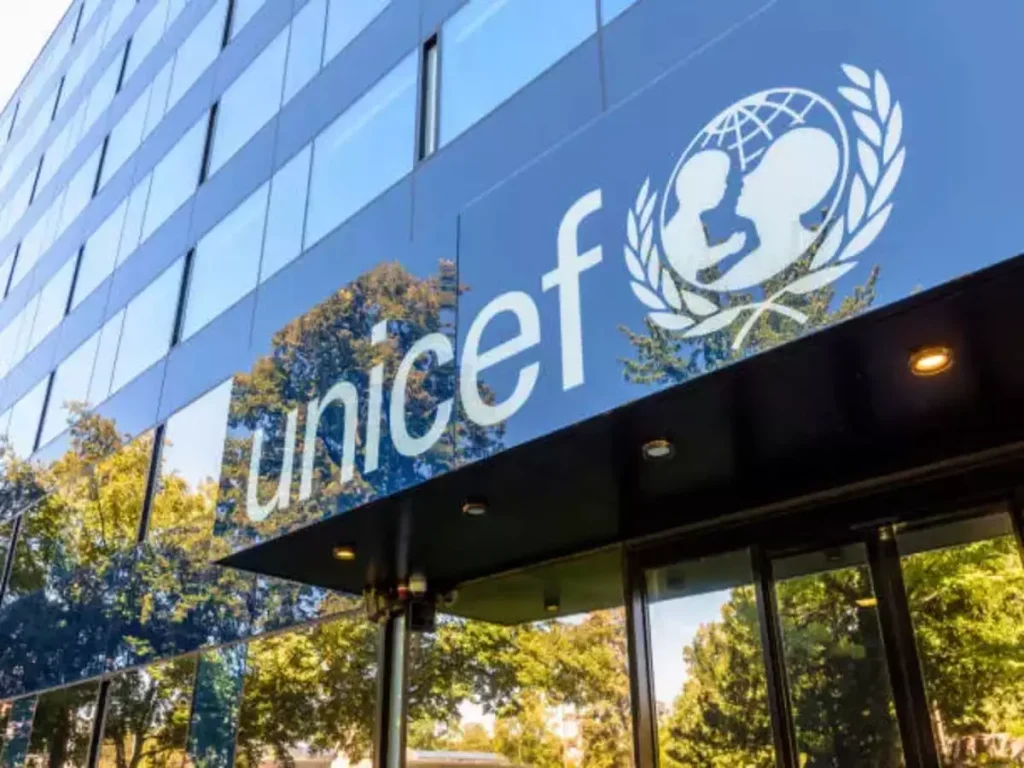The Kano State Government, in collaboration with UNICEF, is working on a climate change policy and action plan to tackle environmental challenges in the region.
This policy is part of the state’s broader strategy to address issues arising from climate change, especially in northern Nigeria and the Sahel region.
Kano’s Commissioner for Environment, Nasiru Garo, announced the initiative at a stakeholder meeting on Tuesday, emphasising the urgent need for sustainable policies.
Garo pointed out that climate change effects—such as droughts impacting agriculture, irregular rainfall disrupting farming seasons, advancing desertification, heatwaves, and flooding—are pressing challenges that not only threaten food security, but also increase health risks and infrastructure damage. These challenges, he said, force communities to migrate, worsening poverty and resource conflicts.
“The realities of climate change are no longer distant or abstract across the Sahel and northern Nigeria.
“Frequent droughts that threaten agricultural productivity causing food insecurity and unpredictable rainfall patterns that disrupt the planting season.
”Desertification encroaching on fertile lands and forcing communities to migrate, heatwave and flooding, leading to severe health risks, displacement and destruction of infrastructure,” he said.
The climate policy, once completed, will serve as a guiding framework for concrete environmental action in Kano State. The document aims to boost resilience against climate change while supporting economic and social stability in the region.
UNICEF’s WASH Programme Officer in Kano, Stella Terver, highlighted the agency’s focus on children’s welfare within the climate agenda. She stressed that UNICEF’s support is designed to ensure that children’s health, education, and safety are prioritised in all climate initiatives.
“Each time we talk about climate change, we talk about how does it impact on the children in Kano state.
“All we do is targeted at children, be it WASH, education, health, policy, child protection, all of them are targeted at that one child,” she said.
Terver urged for collective commitment to policies that protect children from the adverse effects of climate change, emphasising that UNICEF’s activities in the state—from clean water to education and healthcare—are all centred around improving the lives of children.
Muhammad Khalil, the Executive Secretary of Kano’s Watershed, Erosion and Climate Change Management Agency, restated Kano’s commitment to fostering a climate-resilient environment. He explained that the policy’s development involved consultations across diverse sectors to ensure widespread input and practical solutions.
The Chairman of the Kano State House of Assembly Committee on Environment, Musa Kachako, expressed his support, stating that tackling climate change would benefit all citizens, from farmers to everyday people, by improving public health, food security, and overall well-being.

